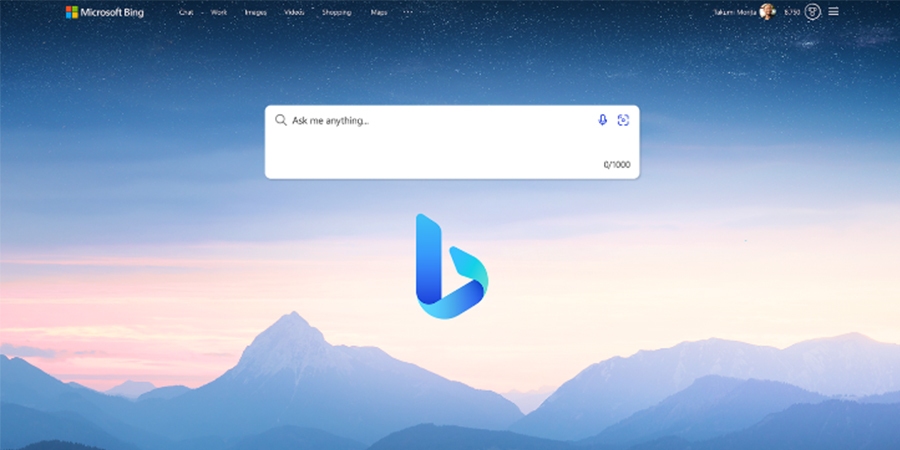Microsoft has decided to limit the number of questions on its Bing platform to five per session and 50 per day, following reports of the AI platform giving skewed and unsettling answers.
"As we mentioned recently, very long chat sessions can confuse the underlying chat model in the new Bing. To address these issues, we have implemented some changes to help focus the chat sessions," Microsoft wrote in a blog post.
Microsoft has maintained that it would consider expanding the cap in the future and has implored constructive ideas from its testers, stating that the only way to improve AI products is to put them out in the world and learn from user interactions.
Analysts and academics have attributed the chatbot’s unpredictable responses to its ability to essentially mimic what it learned from online conversations.
Some of the disturbing exchanges with the chatbot earlier this week included issuing threats and the suggestion of stealing nuclear code, creating deadly viruses or even wanting to be alive, according to news reports.
A chatbot, by design, serves up words it predicts are the most likely responses without understanding meaning or context. However, humans taking part in banter with programs naturally tend to read emotion and intent into what a chatbot says.
"Large language models have no concept of 'truth' — they just know how to best complete a sentence in a way that's statistically probable based on their inputs and training set, and so they make things up and then state them with extreme confidence," programmer Simon Willison said.
Laurent Daudet, co-founder of French AI company LightOn, theorized that the chatbot gone seemingly rogue was trained on exchanges that themselves turned aggressive or inconsistent.
"Addressing this requires a lot of effort and a lot of human feedback, which is also the reason why we chose to restrict ourselves for now to business uses and not more conversational ones," Daudet told AFP.
The Bing chatbot was designed by Microsoft and the start-up OpenAI, which has been causing a sensation since the November launch of ChatGPT, the headline-grabbing app capable of generating all sorts of written content from a simple request in a matter of seconds.
Since ChatGPT burst onto the scene, the technology behind it, known as “generative AI,” has been stirring up fascination and concern.
"The model at times tries to respond or reflect in the tone in which it is being asked to provide responses, (and) that can lead to a style we didn't intend," Microsoft said in a blog post, noting the bot is a work in progress.
Chatbots seem to be more prone to disturbing or bizarre responses during lengthy conversations, losing a sense of where exchanges are going, according to experts.
The new Bing, which has a waitlist of millions of people seeking access, is a potentially lucrative opportunity for Microsoft. The company said during an investor and press presentation last week that every percentage point of market share it gains in the search advertising market could bring in another $2 billion of ad revenue.
Recently, there has been a surge in investment in artificial intelligence, and all the big tech companies are vying to get a piece of the emerging technologies’ pie.










